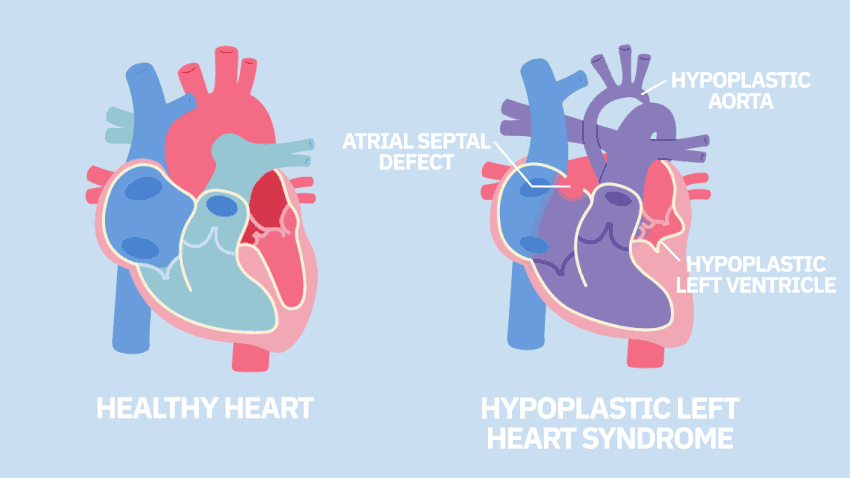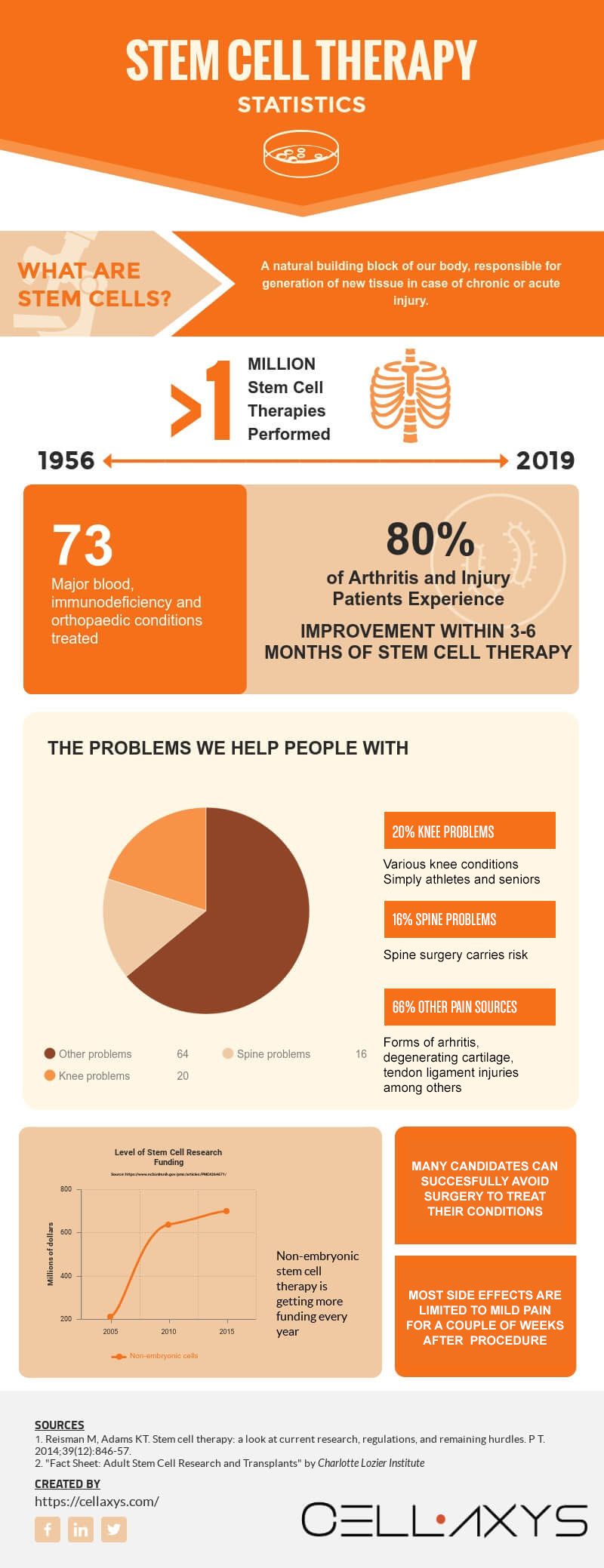Table of Contents
Individuals ought to consult experts at stem cell treatment facilities for congestive heart failing to determine their viability. The healing time and anticipated end results after stem cell treatment for cardiac arrest vary and depend on the private clients and their condition before the treatment. Recovery and improvement after stem cell transplant for cardiac arrest varies by individual.
At Swiss Medica, after the treatment, individuals generally experience mild inflammation and swelling at the injection site, but most of them will certainly resume their normal activities within a few days. Heart conditions take time to improve. Some people experience a considerable improvement in their top quality of life and heart efficiency, while others see small outcomes that are still better than conventional therapy.
Typically, patients may experience some light irritability and swelling at the shot site; it is short-term, and it will go away in a number of days. After stem cell shots for congestive heart failing, it is possible for people to experience a basic feeling of exhaustion, a lowered appetite, or disinterest in food.
Overview of using stem cells to support Heart Disease
These are all typically short-lived side impacts as the body tries to get used to stem cell treatment for cardiac arrest. The price of stem cell therapy for heart failing varies substantially and relies on the type of stem cells made use of, the condition, and the location of treatment. In basic, people anticipate to pay between $10,000 and $50,000 for therapy worldwide.
Prior to case, people should consult with their insurance coverage supplier and stem cell treatment facilities for congestive heart failing to establish the monetary elements. Can stem cells cure congestive heart failure? Heart failing stem cell research proceeds to enhance the effectiveness of this treatment.

To make sure safety and performance of treatment, patients need to make certain that the facility has: The proper confirmations and qualifications, Reviews from clients who have had the treatment, Clear information on the success rate, Compliance with regulatory standards. Swiss Medica has been in operation because 2011, helping over 10,000 patients improve their problems and developing itself as a leading medical center focusing on advanced regenerative and stem cell therapies.
Our individuals frequently share their experiences at Swiss Medica. See just how our stem cell treatment aided one individual recuperate from a cardiovascular disease. Obtain a complimentary online consultation to discover the anticipated outcomes of stem cell therapy for your instance, what is the cost of the therapy, and its duration.
Where to get stem cell therapy focused on Peripheral Artery Disease

COLLEGE PARK, Pa., according to a multi-institutional study group.
The researchers said they wish to establish the organoids, which are tissues comprised of multiple cell types located in the human heart, right into a readily offered, "off-the-shelf" treatment for heart failing and other cardio illness. The concept is that the organoids could be hair transplanted into a heart to repair damage resulting from a cardiac arrest.
That capability makes human pluripotent stem cells an attractive option for replacing harmed and dead heart muscle mass, the scientists claimed. When stem cell-derived myocytes are hair transplanted, the recipient's immune system might not recognize them and activate an immune feedback. To minimize the danger of denial, the group aims to produce universal contributor stem cells.
Lian stated that the suggested universal contributor stem cells can likewise possibly make other sorts of healing cells, such as beta cells to deal with diabetic issues. Editor's note: A version of this short article was first released by.
Navigation
Latest Posts
Top clinics for stem cell therapy targeting Arrhythmias
Leading providers of stem cell therapy for Arrhythmias
Where to get stem cell therapy focused on Atherosclerosis